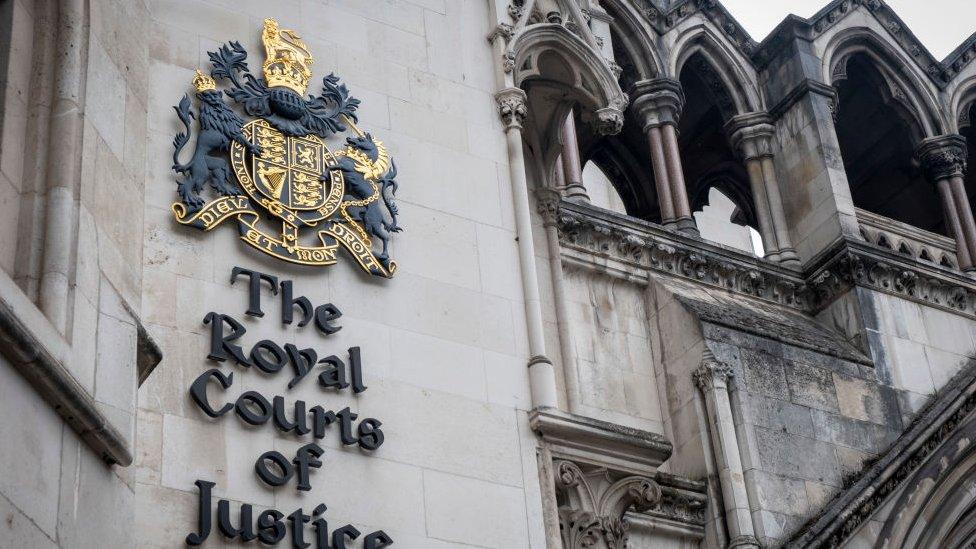Christian foster agency loses discrimination case
- Published

Cornerstone (North East) Adoption and Fostering Service only uses evangelical Christian carers
An evangelical Christian fostering agency has lost a court battle over its policy of refusing to allow gay parents to sign up as carers.
The Court of Appeal upheld an earlier ruling stating Cornerstone (North East) Adoption and Fostering Service must change its recruitment policy.
The Doncaster-based agency brought the case after Ofsted downgraded its rating over the policy.
Three appeal court judges agreed the policy was unlawful discrimination.
Education watchdog Ofsted downgraded the agency's rating from "good" to "requires improvement" after concluding the agency discriminated against lesbians and gay men by only working with evangelical Christian carers in heterosexual marriages.
At a High Court hearing in July 2020, Mr Justice Julian Knowles said the agency must "must change its recruitment policy to allow gay men and lesbians who are evangelical Christians to apply to become prospective foster parents, and it cannot lawfully refuse to do so".

The Court of Appeal judges upheld the policy was not justified
The agency appealed the decision at the Court of Appeal in June, where its barrister, Aidan O'Neill QC, argued the ruling was wrong.
He said acceptance that sexual intimacy was exclusively to be enjoyed in a heterosexual marriage was part of the evangelical identity.
The ruling, he said, found the agency could require applicants to be of the same faith, but could not require them to "refrain from homosexual conduct," which was simply not possible.
"You cannot be an evangelical Christian whose lifestyle is one which endorses same-sex activities," he argued.
For Ofsted, Sir James Eadie QC, said Mr Justice Knowle was correct in his ruling.
He said Cornerstone's argument the policy did not distinguish between carers because it sets out behaviour that was required of all was not "tenable".
Lord Justice Peter Jackson, sitting with Lady Justice Asplin and Lady Justice Nicola Davies, concluded the policy was discriminatory and not justified by religious beliefs.
He said said there could be "no doubting" the value of the agency's work or sincerity of its motives.
However, he agreed with the original judge that to justify the policy the agency needed to provide "credible evidence" of a seriously detrimental impact on carers and children if its policy was changed.
He said the agency had not done that and its claim "failed on the facts".

Follow BBC Yorkshire on Facebook, external, Twitter, external and Instagram, external. Send your story ideas to yorkslincs.news@bbc.co.uk or send video here.
Related topics
- Published7 July 2020

- Published6 May 2020
